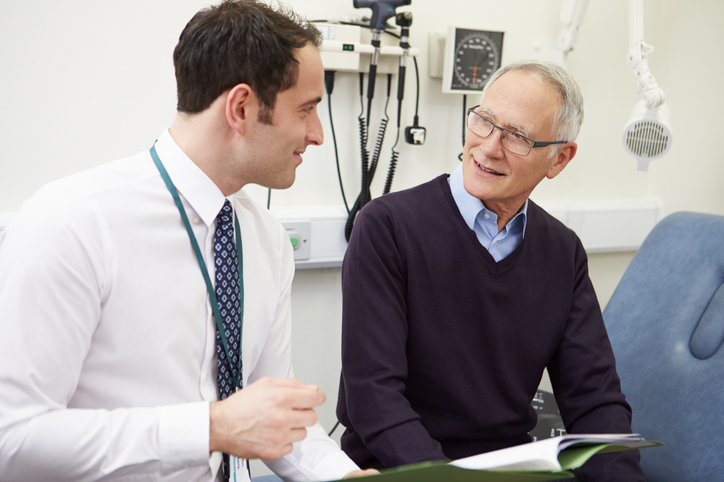
What are Hemorrhoids?
Hemorrhoids are swollen veins in or around the anus and rectum (where poop exits the body). Too much pressure on these veins causes them to stretch and swell, possibly leading to burning, itching, bleeding, and pain. Like varicose veins in the legs, hemorrhoids can either just be an annoying lump or can cause symptoms.
Common Symptoms:
- Painless bleeding during bowel movements (bright red blood on toilet paper or in the toilet)
- Itching or irritation around the anus
- Pain or discomfort, especially when sitting or during bowel movements (pooping)
- Swelling or a tender lump near the anus
Causes and ways to avoid Hemorrhoids:
- Prolonged Sitting: Sitting too long increases pressure on the veins around the anus, so stand and stretch regularly.
- Straining During Bowel Movements: Constipation and “pushing” can strain the veins:
- Add more fiber to your diet (fruits, vegetables, whole grains).
- Stay active; even walking can help digestion.
- Drink more water.
- Excess Weight: Pregnancy or obesity puts additional pressure on the rectum.
- Too Much Time on the Toilet: Avoid doom scrolling or using your phone while on the toilet.
Home Treatment for Hemorrhoids:
- Warm Baths: Soak in warm water for 10–15 minutes to relieve pain and swelling.
- Over-the-Counter Creams or Ointments: Products with hydrocortisone or witch hazel can reduce itching and discomfort.
- Cold Compresses: Applying an ice pack wrapped in a cloth can reduce swelling.
- Use a Stool Softener: This makes bowel movements easier.
When to Seek Medical Help:
- Bleeding: Persistent or heavy bleeding during bowel movements.
- Severe Pain: Pain that doesn’t improve with home treatments.
- Swelling or Prolapse: A lump that’s hard, tender, and won’t go back inside.
- Infections: Fever, redness, or pus.
- No Improvement: Symptoms lasting over a week despite home care.
Medical Treatments for Hemorrhoids, generally reserved for severe cases or when less invasive treatments fail:
- Non-Surgical Options:
- Rubber Band Ligation: A band cuts off blood flow to the hemorrhoid, causing it to shrink.
- Sclerotherapy: A chemical injection shrinks the hemorrhoid.
- Infrared or Electrocoagulation: Heat or electrical energy cuts off the blood supply.
- Surgical Treatments:
- Hemorrhoidectomy: Removal of severe hemorrhoids for long-term relief.
- Stapled Hemorrhoidopexy: Repositions and reduces blood flow to internal hemorrhoids, offering quicker recovery.
It is important to remember that rectal bleeding can be a symptom of a more serious disease. See your provider if you have:
- Rectal bleeding without obvious hemorrhoids.
- There is blood mixed in with your stool (poop).
- Any bleeding lasting longer than a week.
- Bleeding associated with changes in your bowel movements, weight loss, or abdominal pain.
Seek emergency care if you have large amounts of rectal bleeding, or if you feel dizzy or faint.
Finally, know that hemorrhoids are very common and can affect nearly anyone. See your provider to help you find the best option for relief.
Family Medicine and General Surgery can help treat hemorrhoids.
